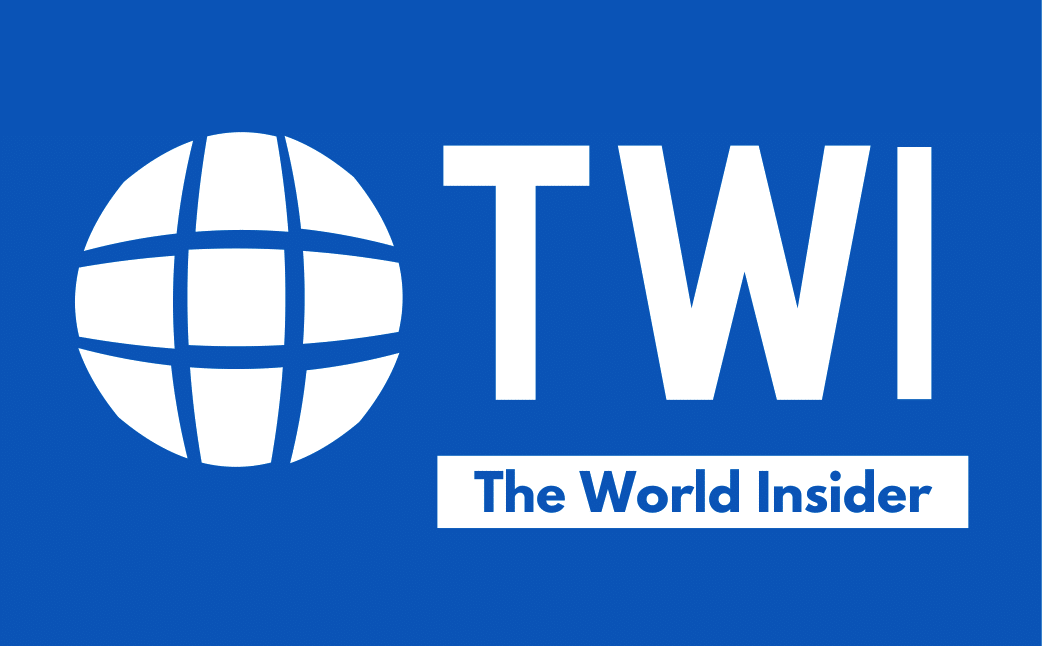U.S. targets major Russian banks and tech sector with sweeping sanctions
President Biden on Thursday announced an unprecedented package of sanctions coordinated with European and Asian allies. The sanctions is aimed at punishing and isolating Russia for its invasion of Ukraine.
“If we don’t move against him now with these significant sanctions, he will be emboldened,” Biden said at the White House. “Putin chose this war. And now, he and his country will bear the consequences.”
The United States, along with Allies and partners, is imposing severe and immediate economic costs on Russia, the White House said in a statement. The actions include sweeping financial sanctions and stringent export controls to hurt Russia’s economy, financial system, and its access to cutting-edge technology.
“As a result of Putin’s war of choice, Russia will face immediate and intense pressure on its economy, and massive costs from its isolation from the global financial system, global trade, and cutting-edge technology” the official statement reads.
The financial sanctions have targeted all ten of Russia’s largest financial institutions and those holding nearly 80% of Russian banking sector assets. “The unprecedented export control measures will cut off more than half of Russia’s high-tech imports, restricting Russia’s access to vital technological inputs, atrophying its industrial base, and undercutting Russia’s strategic ambitions to exert influence on the world stage.”
The full list of sanctions include:
- Severing the connection to the U.S. financial system for Russia’s largest financial institution, Sberbank, including 25 subsidiaries, by imposing correspondent and payable-through account sanctions. This action will restrict Sberbank’s access to transactions made in the dollar. Sberbank is the largest bank in Russia, holds nearly one-third of the overall Russian banking sector’s assets, is heavily connected to the global financial system.
- Full blocking sanctions on Russia’s second largest financial institution, VTB Bank (VTB), including 20 subsidiaries. It will freeze any of VTB’s assets touching the U.S. financial system and prohibit U.S. persons from dealing with them. VTB holds nearly one-fifth of the overall Russian banking sector’s assets, is heavily exposed to the U.S. and western financial systems. VTB is critical to the Russian financial system.
- Full blocking sanctions on three other major Russian financial institutions: Bank Otkritie, Sovcombank OJSC, and Novikombank and 34 subsidiaries. These sanctions freeze any of these institutions’ assets touching the U.S financial system and prohibit U.S. persons from dealing with them. These actions will significantly impact the Russian economy.
- New debt and equity restrictions on thirteen of the most critical major Russian enterprises and entities. This includes restrictions on all transactions in, provision of financing for, and other dealings in new debt of greater than 14 days maturity and new equity issued by thirteen Russian state-owned enterprises and entities: Sberbank, AlfaBank, Credit Bank of Moscow, Gazprombank, Russian Agricultural Bank, Gazprom, Gazprom Neft, Transneft, Rostelecom, RusHydro, Alrosa, Sovcomflot, and Russian Railways. These entities, including companies critical to the Russian economy with estimated assets of nearly $1.4 trillion, will not be able to raise money through the U.S. market limiting the Kremlin’s ability to raise money for its activity.
- Additional full blocking sanctions on Russian elites and their family members: Sergei Ivanov (and his son, Sergei), Nikolai Patrushev (and his son Andrey), Igor Sechin (and his son Ivan), Andrey Puchkov, Yuriy Solviev (and two real estate companies he owns), Galina Ulyutina, and Alexander Vedyakhin. This action includes individuals who have enriched themselves at the expense of the Russian state, and have elevated their family members into some of the highest position of powers in the country. It also includes financial figures who sit atop Russia’s largest financial institutions and are responsible for providing the resources necessary to support Putin’s invasion of Ukraine.
- Costs on Belarus for supporting a further invasion of Ukraine by sanctioning 24 Belarusian individuals and entities, including targeting Belarus’ military and financial capabilities by sanctioning two significant Belarusian state-owned banks, nine defense firms, and seven regime-connected official and elites. We call on Belarus to withdraw its support for Russian aggression in Ukraine.
- Sweeping restrictions on Russia’s military to strike a blow to Putin’s military and strategic ambitions. Exports of nearly all U.S. items and items produced in foreign countries using certain U.S.-origin software, technology, or equipment will be restricted to targeted military end users. These comprehensive restrictions apply to the Russian Ministry of Defense, including the Armed Forces of Russia, wherever located.
- Russia-wide restrictions to choke off Russia’s import of technological goods critical to a diversified economy and Putin’s ability to project power. This includes Russia-wide denial of exports of sensitive technology, primarily targeting the Russian defense, aviation, and maritime sectors to cut off Russia’s access to cutting-edge technology. United States government will impose Russia-wide restrictions on sensitive U.S. technologies produced in foreign countries using U.S.-origin software, technology, or equipment. This includes Russia-wide restrictions on semiconductors, telecommunication, encryption security, lasers, sensors, navigation, avionics and maritime technologies. These severe and sustained controls will cut off Russia’s access to cutting edge technology.
- Historical multilateral cooperation that serves as a force multiplier in restricting more than $50 billion in key inputs to Russia- impacting far more than that in Russia’s production. As a result of this multilateral coordination, we will provide an exemption for other countries that adopt equally stringent measures. Countries that adopt substantially similar export restrictions are exempted from new U.S. licensing requirements for items produced in their countries. The European Union, Australia, Japan, Canada, New Zealand and the United Kingdom, have already communicated their plans for parallel actions. This unprecedented coordination significantly expands the scope of restrictions on Russia.




